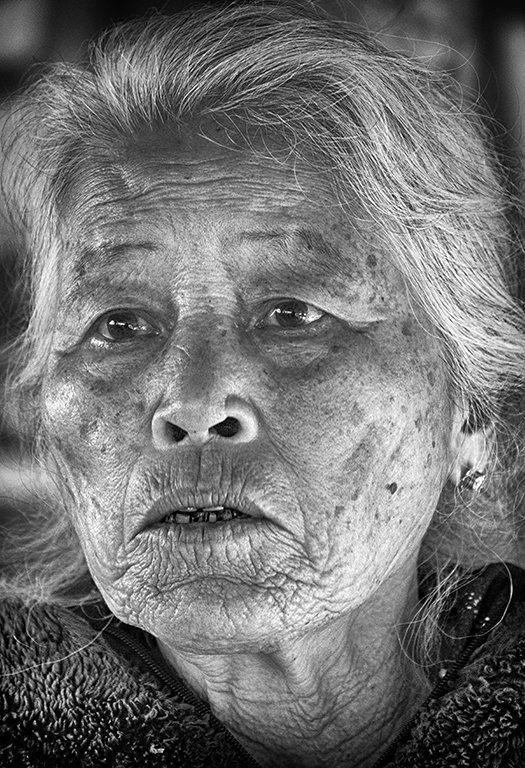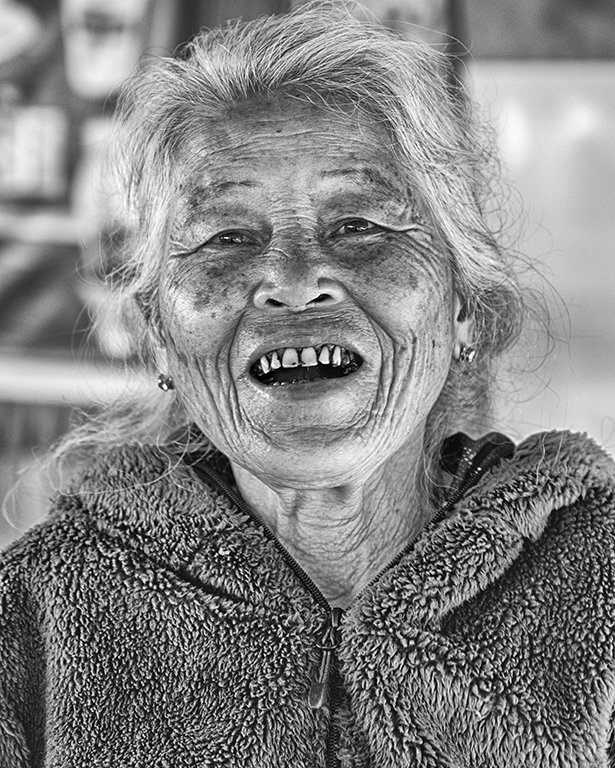
Bà Lựu rows the round basket boat with the quiet strength of habit—each pull of the oar steady, each turn of the hull precise. Her arms, sun-darkened and lean, move as if the water owes her something. Tourists laugh behind her, posing with nón lá and waving smartphones, thrilled by the wobble and spin. They call it charming. Exotic. “Local experience,” the brochures say. She smiles softly when they speak, though she barely hears the words anymore.
She is 76 now. And every morning, she and her daughter bring the boat down from the house—one steering, the other watching.
Her daughter, Con, was born in the year of heavy rain. Born silent. Deaf. Mute. A daughter of war.
Of orange rain. Of burned leaves and slow poison.
Back then, the planes came low over the palms.
Bà Lựu was seven months pregnant, crouched in the mud as clouds fell and trees turned white.
She coughed for days. Her husband’s hair fell out in patches.
But the baby lived.
She cried once, after the birth.
Then never again.
They learned to live in silence. Con never spoke. But she smiled—eyes bright, hands quick to fold, wash, point, wave.
Now, she guides the boat gently behind her mother, tapping shoulders to signal turn, slow, stop. She makes tourists laugh with gestures. She points to the crabs and mimics them dancing. She hums without sound. And Bà Lựu watches her—always—like a flame she never thought would survive this long. They don’t talk about the past. Not much.
Only sometimes, at dusk, when the tourists are gone and the light fades soft on the water,
they sit in the boat together.
Con will rest her head on her mother’s shoulder.
And Bà Lựu will whisper, not expecting reply:
“Má xin lỗi con.”
I’m sorry, my girl.
The girl will tap her mother’s hand. Twice.
Her way of saying: I know. It’s okay. I’m here.
The boat will drift.
And the river, as always, will keep their silence.
